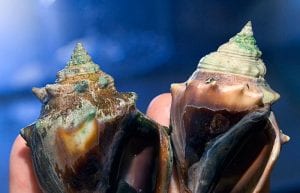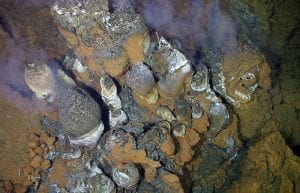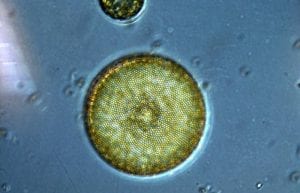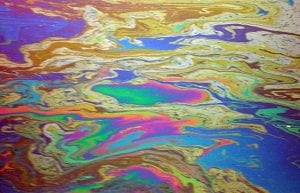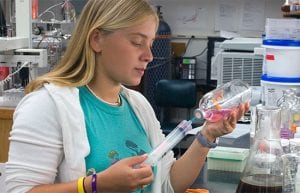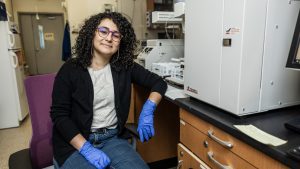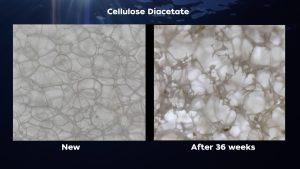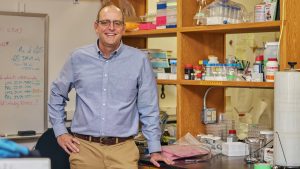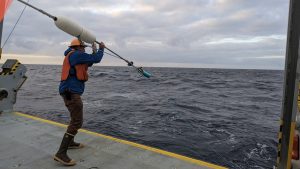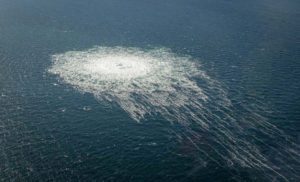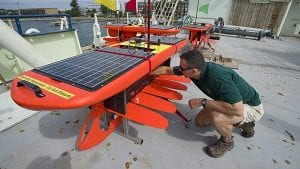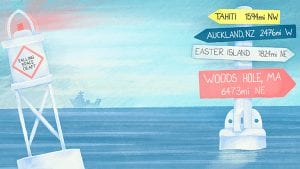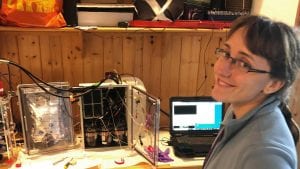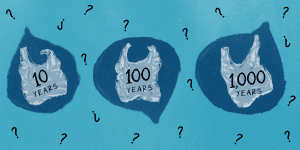Research Highlights
Oceanus Magazine
News Releases
Her research focuses on advancing our fundamental understanding of chemistry inspired by marine processes that challenge our current chemical knowledge.
Fellows are elected annually through a highly selective, peer-review process, based on their records of scientific achievement and original contributions.
A new version of CDA was found to be the fastest degrading bioplastic material tested in seawater and is a promising replacement for other long-lasting foam plastic materials.
Benjamin Van Mooy receives “genius grant” for his research on biogeochemical networks and the impacts of climate change on ocean health
A series of seemingly small processes helps carry carbon dioxide from the ocean’s surface to the deep sea, where it can be stored away for decades.

